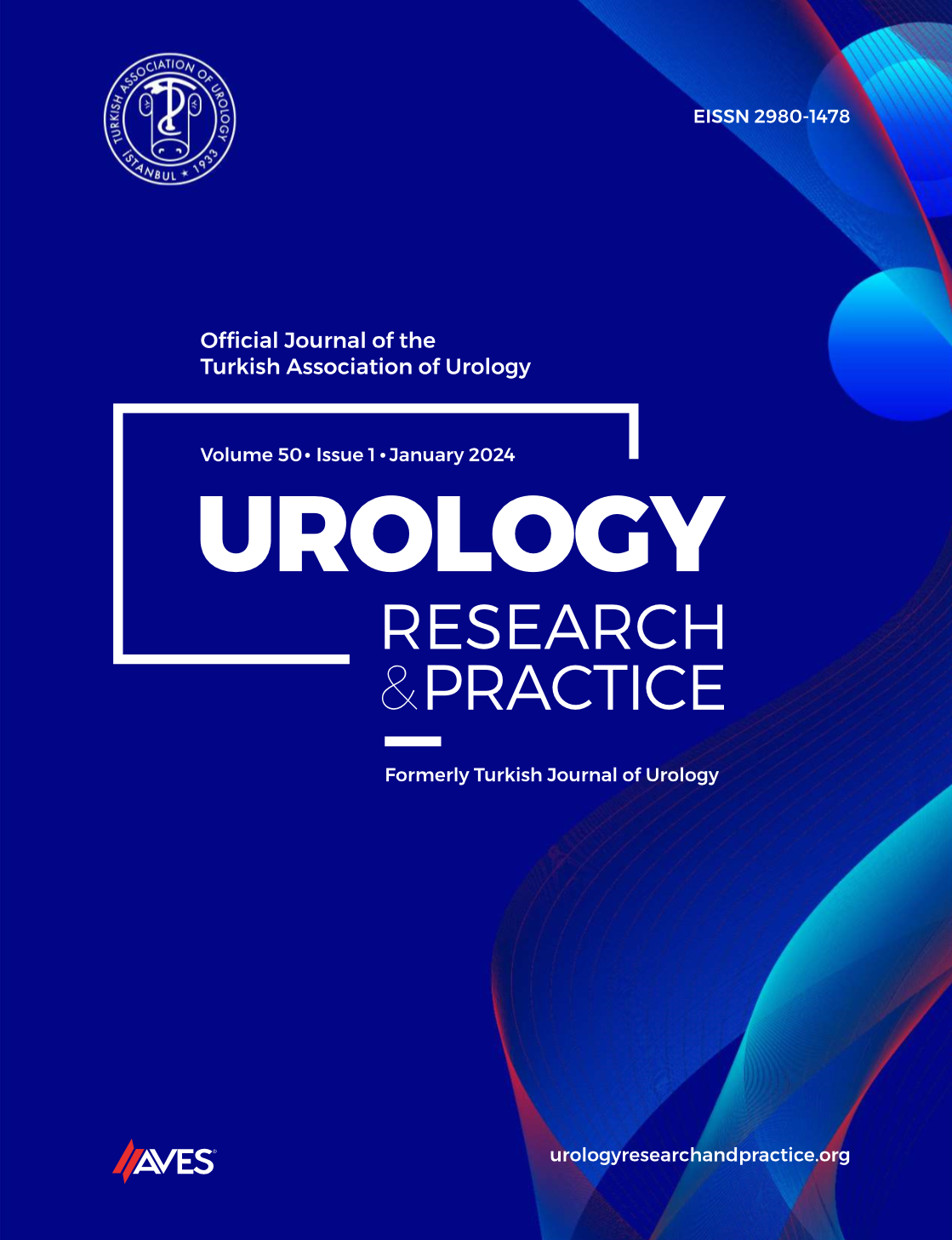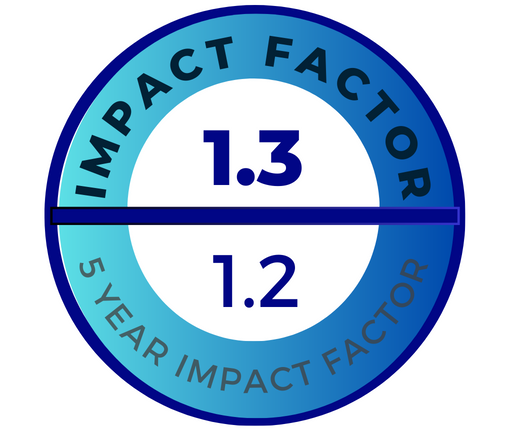Abstract
Objective: To highlight changing trend of clinical spectrum, comparing management options and predictors of outcome of emphysematous pyelonephritis.
Material and methods: This study included patients who were diagnosed as emphysematous pyelonephritis between August, 2001 to July, 2015. We excluded other possible causes of gas in renal system. Baseline patient characteristics, clinical spectrum, serum and urinary biochemical parameters, radiological findings, management and outcomes were recorded. Patients were classified as “responders” and “non-responders”.
Results: We studied a total of 74 patients and categorised them as responders (62 patients) and non-responders (12 patients). Women outnumbered men constituting 62.16% of the study population (M: F; 1: 1.6). Fever was the most common presenting symptom followed by flank pain. Diabetes mellitus (85.14%) was the most common comorbidity followed by urolithiasis (32.43%). Escherichia coli was the commonest organism grown in urine culture (79.73%). Non-responders had distinct laboratory findings relative to responders as low hemoglobin (7.8±2.1/11.2±3.2 g/dL; p=0.0007), thrombocytopenia (91.67% vs. 11.29%; p=0.0001), proteinuria >3 g/L (50% vs. 6.45%; p=0.0008) and positive blood culture (100% vs. 67.74%; p=0.0288).
Conclusion: Advanced age, higher body mass index, renal impairment, thrombocytopenia, altered sensorium, shock at presentation can be used as scores for poor prognosis. Emphysematous pyelonephritis management requires multidisciplinary collaboration including hydration and electrolyte management, broad spectrum antibiotics, strict glycaemic control, effective urinary drainage and lastly it may require emergency nephrectomy as a salvage procedure.

.png)


.png)